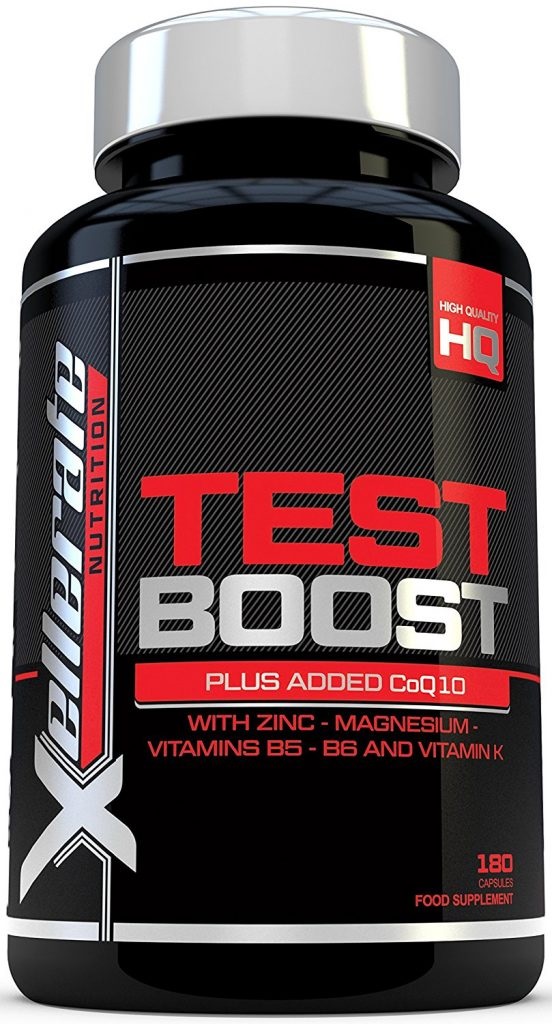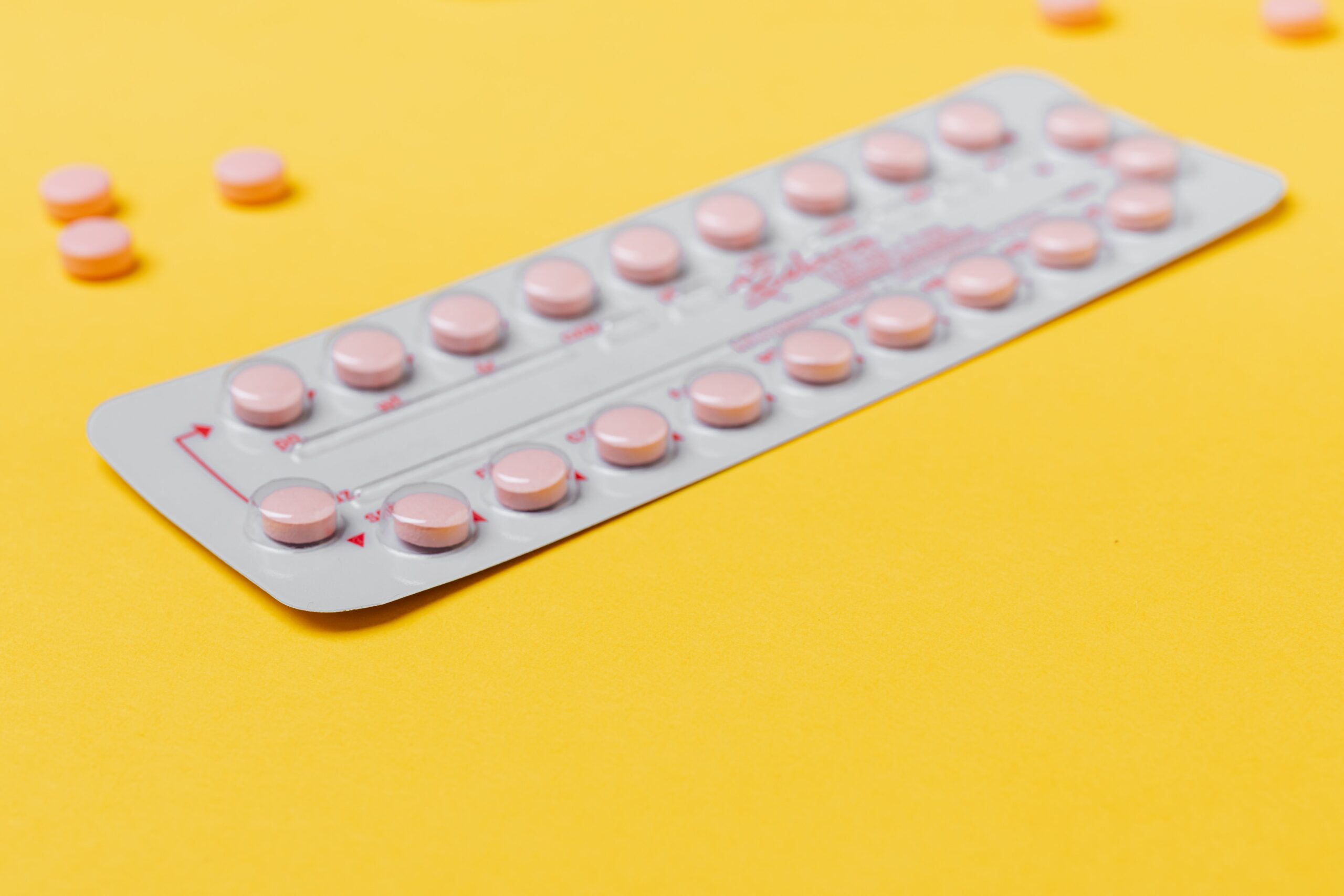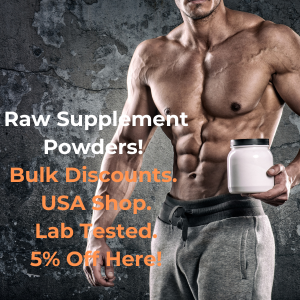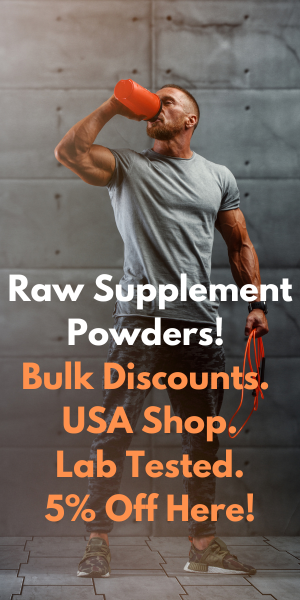In the realm of fitness and hormonal optimization, the use of testosterone boosters has become a subject of both intrigue and controversy. As individuals seek ways to naturally enhance their testosterone levels, concerns about potential adverse effects, particularly on liver health, have taken center stage. In this blog post, we delve into the complex question: Are test boosters bad for your liver? Through a nuanced exploration, we aim to provide clarity and empower readers to make informed decisions about their well-being.
Understanding Testosterone Boosters:
Before diving into the liver connection, it’s crucial to comprehend what testosterone boosters are and how they function. These supplements often comprise a mix of vitamins, minerals, and herbal extracts, intending to support the body’s natural production of testosterone. By establishing this foundation, readers gain insight into the mechanisms at play and set the stage for evaluating potential risks.
- Fat Burners Supplements And Stomach Pain
- The Fat Burners Are Cause Nausea
- Fat Burner And Liver Damage Is There A Connection
- Do Fat Burners Work Best On An Empty Stomach
- Keto And Fat Burners Supplements
The Research Landscape:
Scientific inquiry into the relationship between testosterone boosters and liver health is multifaceted. Our blog post examines key studies and findings, offering an unbiased overview of the existing evidence. We navigate through the complexities of correlation and causation, acknowledging that while some studies suggest concerns, a definitive conclusion remains elusive. This section aims to provide readers with a comprehensive understanding of the current state of research.
Identifying Potential Risks:
The heart of the matter lies in potential risks. We dissect reported side effects associated with testosterone boosters, with a specific focus on their impact on liver function. From mild reactions to the identification of at-risk individuals, readers gain insights into the spectrum of concerns. This section serves as a practical guide for users, empowering them to make choices aligned with their health goals.
Navigating a Balanced Approach:
The blog post does not merely spotlight potential risks; it advocates for a balanced and informed approach. Mitigation strategies, including careful dosage considerations, selecting reputable products, and regular health monitoring, emerge as key takeaways. By fostering a holistic perspective, readers are encouraged to weigh the potential benefits of testosterone boosters against the identified risks, ultimately making choices that align with their individual health profiles and goals. Shop raw supplements, bulk discount, lab tested 5% off here!

Buy Test Boosters Online
We Have Some Of The Best Test Boosters Out There!
Come have a look what types of Test Boosters we have? Shop the best Test Boosters! We have found the best deals! Or please feel free to read more about the many benefits of Test Boosters supplements on site.
FAQs
1. Are all testosterone boosters harmful to the liver?
- No, not all testosterone boosters are inherently harmful to the liver. The potential impact on the liver depends on various factors, including the specific ingredients in the supplement, individual health conditions, and adherence to recommended dosages. It’s essential to choose reputable products, understand the ingredients, and consult with a healthcare professional before incorporating any supplement into your routine.
2. How can I minimize the risk of liver damage when using testosterone boosters?
- To minimize the risk of liver damage, follow recommended dosage guidelines provided by the supplement manufacturer. Choose products from reputable sources, and avoid exceeding the recommended daily intake. Regularly monitor your health, be aware of any unusual symptoms, and consult with a healthcare professional before and during supplementation, especially if you have pre-existing liver conditions.
3. What signs should I watch for that may indicate liver issues due to testosterone boosters?
- Signs of potential liver issues include jaundice (yellowing of the skin and eyes), unexplained fatigue, abdominal pain or swelling, dark urine, pale-colored stool, loss of appetite, unintended weight loss, nausea, vomiting, and itchy skin. If you experience any of these symptoms, it’s crucial to seek medical attention promptly.
4. Can natural testosterone boosters cause liver damage?
- Natural testosterone boosters, which often include herbal extracts and vitamins, may have a lower likelihood of causing liver damage compared to synthetic alternatives. However, it’s essential to recognize that “natural” doesn’t equate to risk-free. The potential impact on the liver depends on the specific ingredients and their interactions with individual physiology. Consult with a healthcare professional to assess potential risks and benefits.
5. Should I undergo liver function tests before using testosterone boosters?
- While routine liver function tests before using testosterone boosters may not be mandatory for everyone, they can provide valuable baseline information about your liver health. If you have pre-existing liver conditions, are taking medications that may impact the liver, or have concerns about potential risks, consulting with a healthcare professional and considering liver function tests may be advisable. Regular monitoring during supplementation is also recommended.








